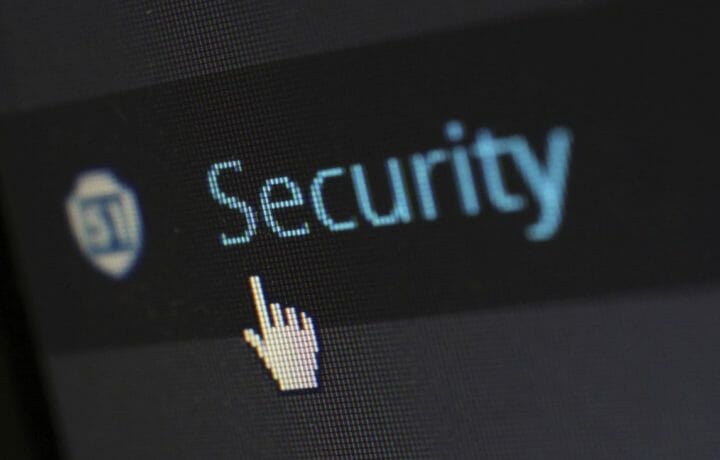Large and small businesses alike are clamoring to find newer and better methods to discourage and disarm hackers and cyber terrorists, and maintain the security and integrity of their vital networks.
Cyber security is a booming business. There is an ever increasing need and urgency for companies, corporations, and government to become more savvy and diligent in their methods to protect themselves from real and serious threats posed by those who would attack their networks. In the digital age, it isn’t effective enough to react; the best way and most reliable weapons are proactive ones.
In a recent Reuters article, Shawn Henry, the former head of cyber-crime investigations at the FBI said, "Not only do we put out the fire, but we also look for the arsonist." The article went on to say, “Known in the cyber security industry as "active defense" or "strike-back" technology, the reprisals range from modest steps to distract and delay a hacker to more controversial measures.”
An article on the website Mashable suggests some easy tips to aid and protect companies, as well as private citizens from cyber criminals. The article offered four tips specific to small businesses including:
1. Using smart passwords. It goes without saying but password protection today requires more than using your pet’s first name, especially if you’re a small business.
2. Mobile device education. As more government agencies and defense contractors pursue mobile technology, including BYOD (bring-your-own-device) programs, the risks increase, as well. A survey that ranked Washington, D.C. as one of the riskiest for cyber crime cited rampant use of mobile devices and wireless connections as a key reason.
3. Social media education. Most small businesses are embracing social media as a communications mechanism. Which is great, but with apps and access come new security risks.
4. Risk management. “Companies should be asking themselves, ‘What do we have to protect?’ And, ‘What would impact our business the most?’” says Rick Doten, former chief scientist for cybersecurity at Lockheed Martin and current vice president of cybersecurity at DMI.
“Companies today are getting access to adversaries’ [digital] environments by hacking into employees’ devices,” said Doten. “One of the things compounding that is the rapid development of mobile devices and the ‘bring your own device’ concept. Small businesses should manage what devices employees are allowed to use on internal networks, what’s allowed to go on those devices and use encryption appropriately.”
While the need for more effective and technologically sophisticated security solutions are certainly needed to fight off potential threats and attacks- it is important to keep in mind that the most simple and basic security measures are the surest way to keep data safe.
Diana M. Rodriguez is a native Washingtonian who currently works as a professional writer, blogger, social media expert, commentator, editor and public affairs practitioner. Diana previously worked as an editor and senior communications analyst for the Department of Defense.


